发现 帖子
在我们的“发现”页面上探索迷人的内容和多样化的观点。发现新想法并参与有意义的对话
When Nigeria gained independence in 1960, the country stepped onto the world stage at a time when much of Africa was still under colonial rule. From the beginning, Nigeria made it clear that its freedom would not be complete until the whole of Africa was free. One of the greatest challenges of that era was the brutal system of apartheid in South Africa, where the Black majority was subjected to racial segregation, dispossession, and violence by a white minority regime.
Just months after independence, Nigeria threw its weight behind the global campaign against apartheid. At the United Nations, Nigeria played a leading role in the creation of the UN Special Committee Against Apartheid in 1960, and three years later, it joined the Organization of African Unity (OAU) Liberation Committee, which coordinated continental efforts to support freedom fighters across Southern Africa. Nigeria went further by refusing to e****lish diplomatic relations with Pretoria and consistently voting for sanctions against the apartheid regime.
By the 1970s, Nigeria’s commitment had moved beyond diplomacy to concrete action. Under General Murtala Muhammed and his successor General Olusegun Obasanjo, Nigeria became one of the loudest voices declaring apartheid a crime against humanity. The country opened its doors to exiled leaders of liberation movements, funded the African National Congress (ANC), the Pan Africanist Congress (PAC), and the South West Africa People’s Organization (SWAPO), and offered hundreds of scholarships to young South Africans and Namibians denied education at home. It was during this period that Nigeria also nationalized the assets of British Petroleum in protest against its dealings with South Africa, showing that the country was ready to bear economic costs for the principle of African freedom.
The turning point came in 1976 after the Soweto Uprising, when the apartheid police ****ed hundreds of protesting Black students. Nigeria responded by creating the Southern Africa Relief Fund (SARF), an initiative that would prove historic. SARF was not just a government program; it became a movement of the Nigerian people. Across universities, students donated parts of their allowances. Civil servants and workers contributed portions of their salaries, while unions and professional associations gave in solidarity. Even market women and artisans took part. For the first time, a foreign policy objective was embraced as a national cause, uniting Nigerians across class and region in the struggle against apartheid.
Through SARF, millions of dollars were raised. These funds went into supporting liberation movements, providing humanitarian relief, and financing scholarships for Southern African students to study in Nigeria. Many who passed through Nigerian universities during this period would later become leaders and professionals in a free South Africa and Namibia. This unique example of collective sacrifice demonstrated that the anti-apartheid struggle was not just Nigeria’s government policy, but a people’s struggle.
In the realm of culture and sport, Nigeria also struck blows against apartheid. Nigerian athletes and teams refused to compete against South Africans, playing a key role in the international sports boycott that isolated the regime. Lagos renamed streets after Nelson Mandela and Oliver Tambo to honor the exiled leaders of the ANC. Nigerian musicians, writers, and journalists kept the issue alive in public consciousness, ensuring that apartheid was never normalized.
Over time, the cost of Nigeria’s activism was enormous. Between 1960 and 1994, Nigeria is estimated to have spent the equivalent of over $60 billion in financial aid, scholarships, trade embargoes, nationalized assets, and lost oil revenues to sustain the anti-apartheid struggle and support other liberation movements in Southern Africa. While this figure is often misinterpreted as a lump sum, it represents decades of cumulative sacrifice.
When Nelson Mandela was finally released in 1990 after twenty-seven years in prison, Nigeria welcomed him as a hero. Four years later, when South Africa held its first democratic elections, Nigerians rejoiced as if it were their own victory. On visits to Nigeria after his release, Mandela acknowledged the country’s contributions, saying "Nigeria stood by us more than any nation…”
Credit: history_daily
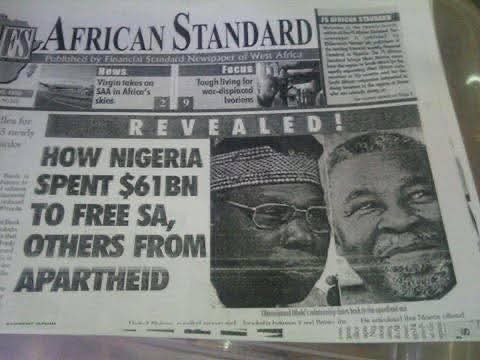

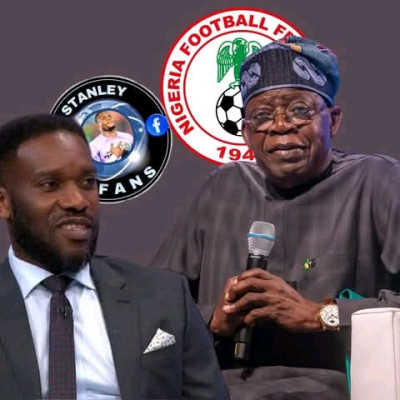




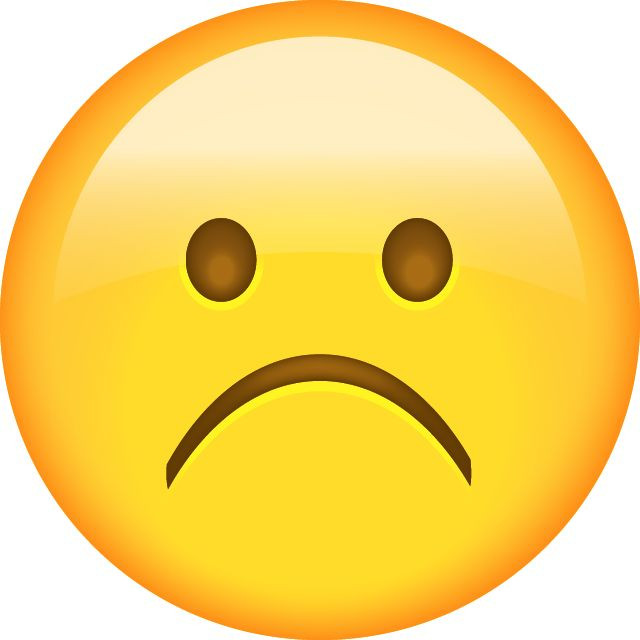
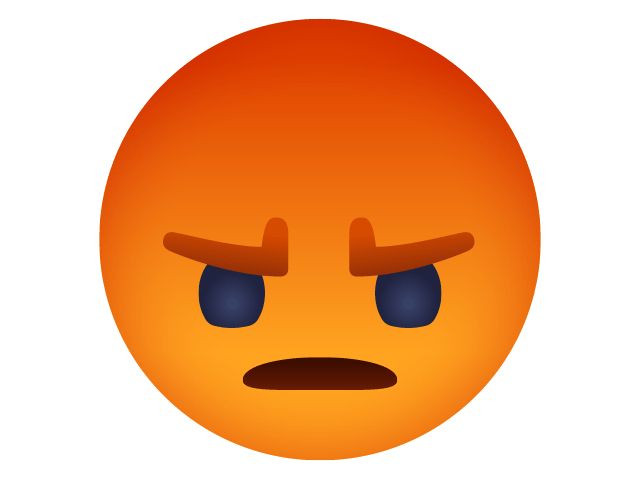
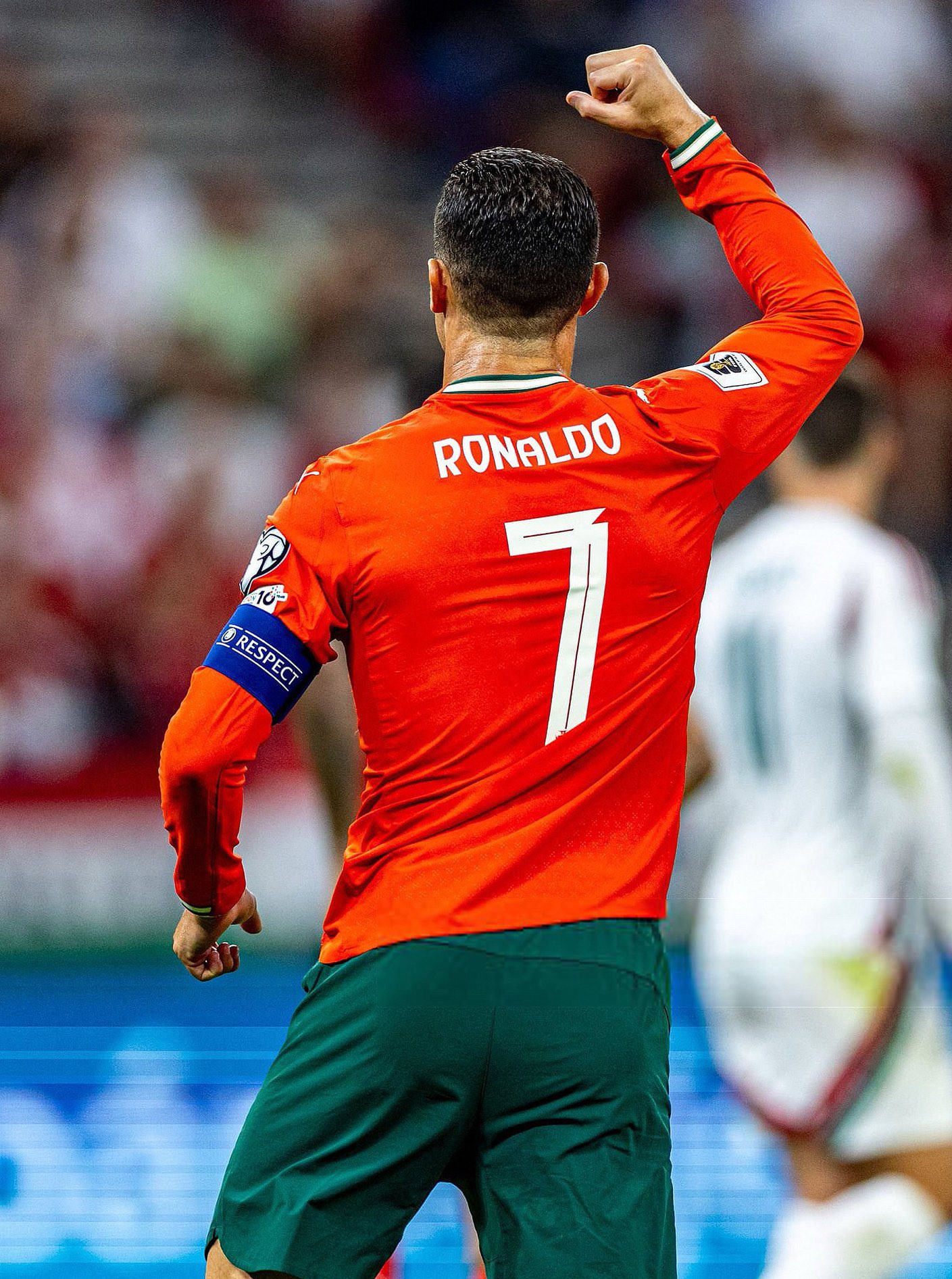
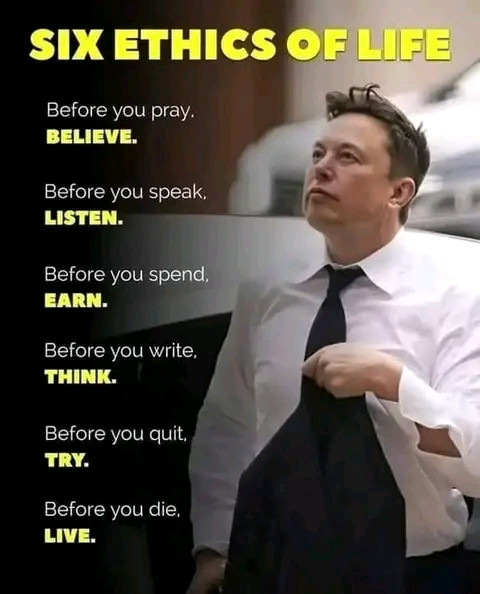
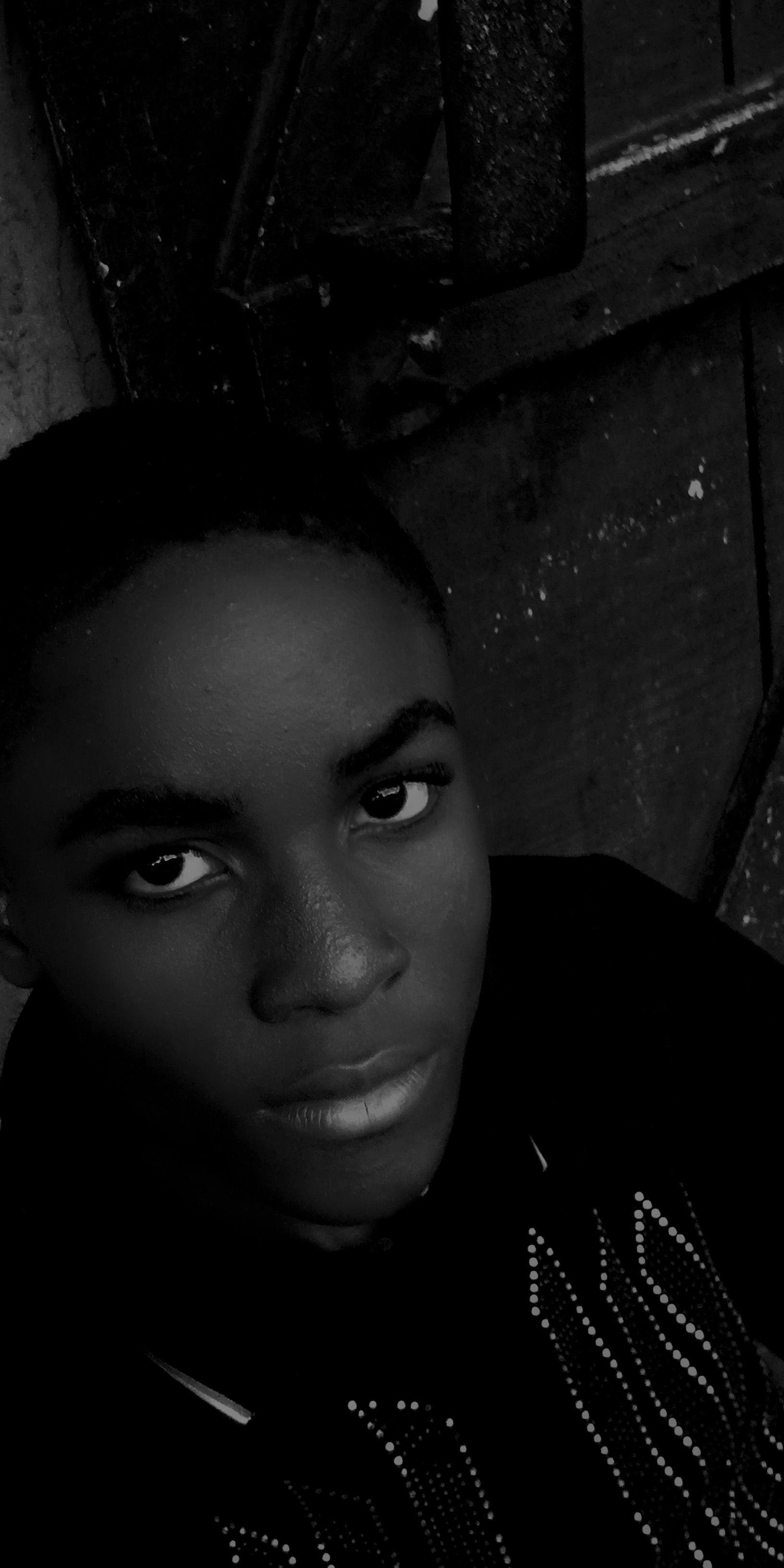
Ekpade Joel
删除评论
您确定要删除此评论吗?